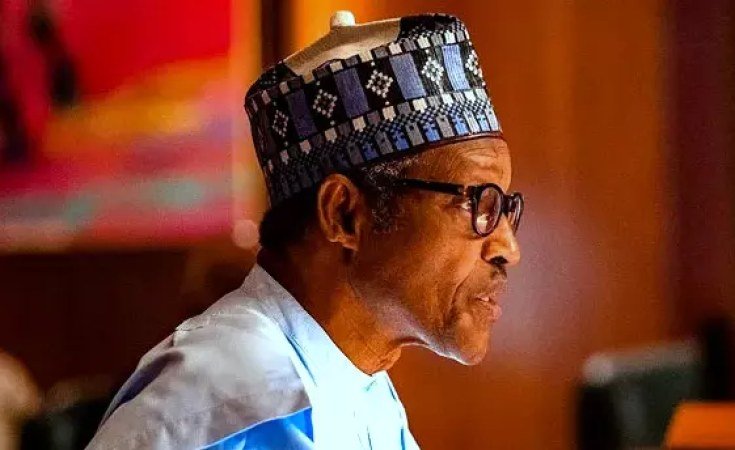NASARAWA State Governor, Abdullahi Sule, has said that former President Muhammadu Buhari was surrounded by politicians who praised him excessively while he was in power but turned against him immediately after he left office. The governor said he personally witnessed how such individuals shifted their loyalty and public commentary depending on what political climate suited them at the time.
News Point Nigeria reports that Governor Sule made the remarks in Abuja on Saturday while speaking at the 2nd Raymond Dokpesi Diamond Lecture, organised by the Nigerian Institute of Public Relations (NIPR).
According to him, serving in public office has exposed him to the depth of sycophancy embedded in Nigerian politics.
“By being a governor, I have seen what sycophancy can do,” he said.
“I have seen people actually sit in the presence of President Muhammadu Buhari to tell him, ‘You are the best ever; nobody can do this better.’
“But the minute Buhari left government, the same people began saying, ‘Oh, he was one of the worst presidents Nigeria ever had.’ These are the same individuals, just different moments. That is what sycophancy is all about.”
Sule, who received both an NIPR Honour and Fellowship Award at the event, used the platform to reflect on the legacy of the late media icon, Chief Raymond Dokpesi, describing him as a courageous and visionary figure who challenged the status quo during the era of tight media control.
He recalled that the late founder of DAAR Communications owners of AIT and RayPower broke new ground by establishing Nigeria’s first private radio and television stations during a period when electronic media was tightly regulated by the military government.
“We are here to celebrate an icon of media,” Sule said.
“Dokpesi was not afraid to speak truth to power, even during difficult times when nearly everything was controlled by government.”
In his remarks, President of the NIPR, Dr. Ike Neliaku, commended Governor Sule for donating land to the institute to establish the country’s first global School of Public Relations in Nasarawa State.
He revealed that work on the site had reached an advanced stage, adding that the project would help shape a new generation of ethical communicators and strategic thinkers.
Neliaku described the forthcoming PR university as a “knowledge hub” that will bridge the gap between policy formation and public engagement in governance.
The event, held in honour of the late Dokpesi’s legacy of courage, innovation, and media pluralism, drew attendance from senior government officials, communication scholars, journalists, and industry stakeholders, who paid glowing tributes to his contributions to media freedom and national discourse.







